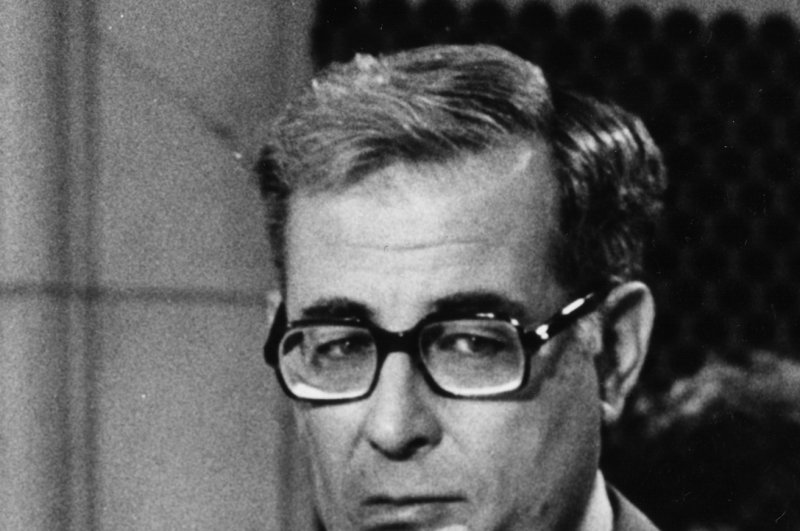Defense Secretary Harold Brown appears before testifying on a hearing on December 13, 1979 with the Senate Armed Services Committee about the SALT II Treaty. Brown died Friday at age 91. File photo by Frank Cancellares/UPI |
License Photo
Jan. 5 (UPI) -- Harold Brown, who was defense secretary during President Jimmy Carter's entire presidency from 1977-81, died Friday. He was 91.
Brown's death was announced Saturday by the Rand Corp., where he served on its board of directors for more than 35 years.
Deborah Brown told The New York Times her father died at his home in Rancho Santa Fe, Calif., from pancreatic cancer.
Brown, a nuclear physicist and weapons designer, developed America's Cold War-era national security policy as secretary of defense and previously as secretary of the Air Force.
He was the first scientist to run the Pentagon.
"Harold Brown understood, perhaps better than any defense secretary before him, the technological complexities and unprecedented dangers of modern warfare," said Michael D. Rich, president and chief executive officer Rand Corporation. "He was also an educator and author who made tremendous contributions to the advancement of science and the security of the nation."
Brown was named Air Force secretary by President Lyndon Johnson in 1965, serving during the Vietnam War.
In 1969, he left government to become president of Caltech. Despite being a registered Democrat, President Richard Nixon tapped him to serve on the SALT I delegation in 1972 for an agreement with the Soviet Union to curtail the production of missiles capable of carrying nuclear warheads.
As defense secretary, he played a major role in crafting the SALT II agreement signed by Carter and Soviet leader Leonid Brezhnev in 1979.
He oversee efforts to resolve the Iranian hostage crisis in 1980. Eight American servicemen died trying to free the hostages, who were not released until after Carter left office in 1981.
"The failure to rescue the U.S. hostages still haunts me," Brown wrote in his memoir Star Spangled Security, published in 2012. "The lesson to keep in mind now, especially as Americans watch the news about turbulence in the Middle East, is that at times political pressure becomes strong enough so that even risky actions appear to be necessary."
Carter bestowed on Brown the nation's highest civilian honor, the Presidential Medal of Freedom, and President Bill Clinton gave him the Enrico Fermi Award for achievement in science and technology.
Brown remained in Washington afterward, joining the Johns Hopkins University School of Advanced International Studies as a visiting professor and later the university's Foreign Policy Institute as chairman.
He was the founding chairman of the advisory board of Rand's Center for Global Risk and Security.
Brown, the son of a lawyer, was born in New York City on Sept. 19, 1927. He received three degrees from Columbia University -- a bachelor's degree in physics at 18, a master's one year later and a doctorate in nuclear physics at 21.















